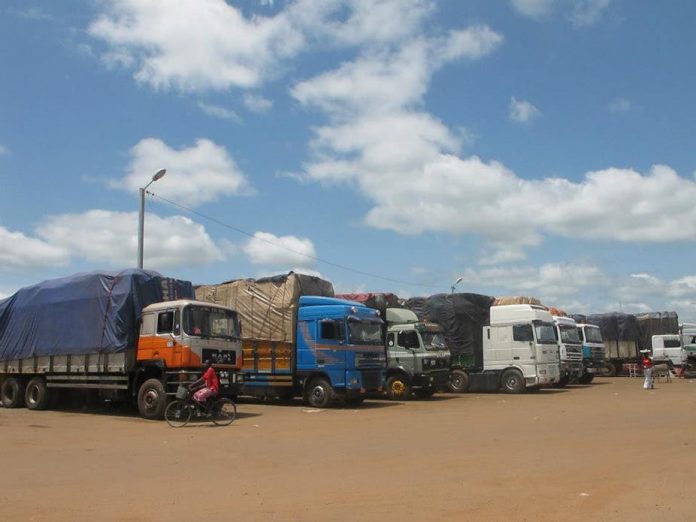By Tahiru Azaaviele Liedong
Nigeria recently partially closed its border with Benin in an effort to stem the smuggling of rice. It then went on to close its land borders to the movement of all goods from Benin, Niger and Cameroon, effectively banning trade flows with its neighbours.
Border closures are not new in Africa. But Nigeria’s actions raise important concerns about the seriousness and prospects of regional integration in Africa.
Nigeria acted just three months after it had signed the African Continental Free Trade Agreement. With 55 member countries, a combined GDP of $2.4 trillion and a total population of 1.2 billion, the agreement will create the world’s largest free trade area. Its aim is to promote intra-Africa trade, which is abysmally low at 16%.
To restrict trade flows so shortly after this momentous feat is a major blow to integration efforts. It also shows how unprepared African countries might be for free trade. It’s hard to see how the free trade deal can increase intra-Africa trade to 60% by 2022, as projected , when it is being undermined from the start.
These early trade tensions between Nigeria and its neighbours are hardly surprising. They underlie some of the fundamental problems that must be addressed before cordial free trade can succeed on the continent.
In the case of Nigeria, Africa accounts for only 13% of its exports and 4% of its imports. These statistics probably underestimate the true volume of trade between Nigeria and its neighbours. But they show that Africa is a dispensable market.



